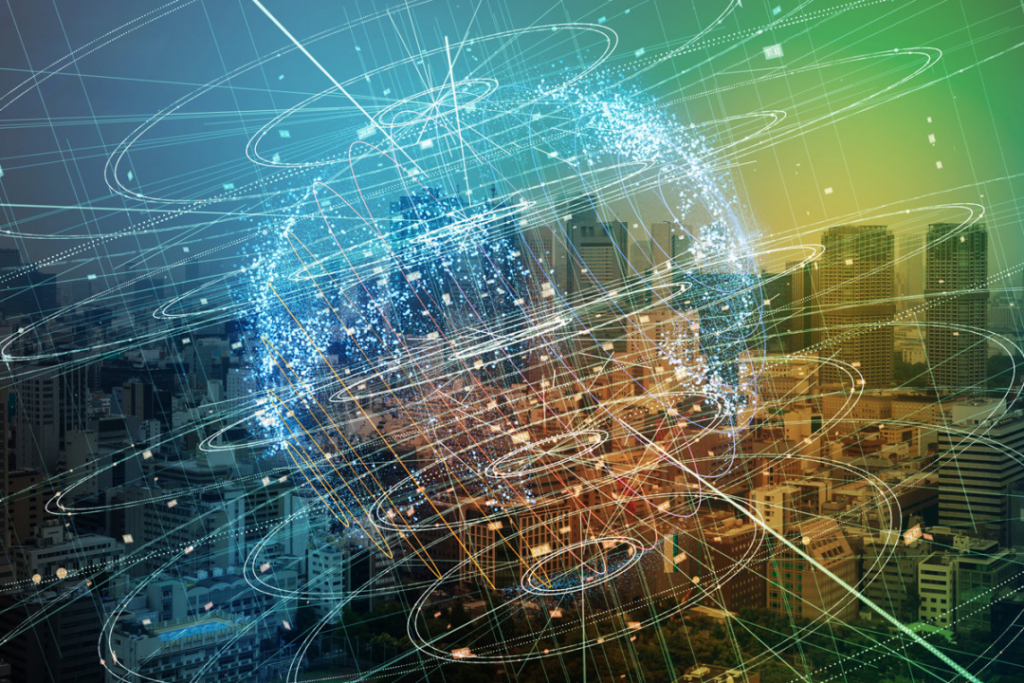
Who Owns the Internet?
Theoretically speaking, it makes sense that the internet is a global web of interconnected servers and computers with no starting point that might be considered as the parent of the whole family. But, when it comes to owning the internet, we will need to see different aspects that live to the definition of the owner. So, we have considered the ownership on a different basis in this article.
Speaking through the Borders
It comes as the fact that the United States did create the DNS (Domain Name Server), which makes the country the inherently true owner of the technology. But the US claiming the internet to be their entity would result in an uncomfortable situation. And whenever the question of ownership gets fanned by totalitarian powers, it intercedes with the right to “freedom” in the virtual world. We’ve seen this in the UN Summit in 2003 when Cyber Bordering came up as a “distasteful” term to the rather well-connected global community. Even if the relinquishment happens, China is not going to sit silently with its more than 843 million netizens, as indicated in 2019.
Monopoly in the Telecommunication Market
The internet is going through a dramatic series of changes with time in terms of IP rate and digitization. The Telecommunication industry is always going on the run for further expanding its hold on global connectivity – the internet – as different companies like Microsoft, Cisco, and Intel, along with a few others, are fighting their way to “own” the internet monetarily.
Considering Cisco and Microsoft as the two rising forces in the internet world. These companies have made their way into making enough money to replace the conventional modes of telecommunication into a system of integrated digital hardware and software programs. It is soon expected that one of these companies may have actually monopolized the internet.
Cisco is making up its way to throw in stupendous amounts of capital to beat its competitors – as seen in its high jump of sales from 382 million USD to a straight 6 billion USD revenue in sales, all in a period of 5 years, from 1992 to 1997. And it is growing further ever since.
Microsoft as part of its continuous effort to integrate advanced solutions in the technological world – as seen in the form of voice response capability and SS7 compatibility – has led it to be a tiger, to look out for in the game.
The Controlling Infrastructure
If you ask any modern technology expert, they will tell you the internet is owned by organizations that make up the physical backbone of the internet, providing all the necessary resources such as cables, routers, and data exchange units for the internet to operate. These organizations include all the upstream and secondary ISPs, IXPs, and LANs. So, that answer holds suffice if you are not here for finding the monopolies and the geopolitics associated with the technology.
This gives you an insight into a multidimensional base when it comes to defining ownership of the Internet. Also, before you decide who owns the internet, you should know which “who” you want to refer to.
There is more of reference to authority and contribution, where thousands of people and companies have some sort of ownership to the content they generate, but there are also privacy policies and terms and conditions which take ownership of the content you generate.
It’s what makes the internet a highly interlinked network of complex proportions which should consider security at the forefront.
